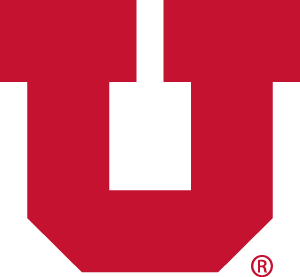Mental and neurological disorders are the world's leading cause of disability, according to University of Utah biomedical engineering professor Jan Kubanek. Over the years, treatments have been developed for some of these disorders, but oftentimes these treatments are inadequate.
“It's a major issue because in about one in three cases across the board, when you look at mental and neurological disorders, people are resistant to current treatments,” Kubanek said.
About one in four or five people have some form of mental and neurological disorders, depending on how those disorders are quantified. “If you think about it, we have maybe one in 12 people among us who are not being adequately treated. It's just a huge, huge number of people worldwide.”
Kubanek and his lab at the U have looked for ways to treat this patient population. A solution they have converged on is “neuromodulation,” where the doctor would directly modulate the regions of the brain that are malfunctioning. However, because most of these disorders cause deep brain regions to malfunction, there was previously no approach to access them.
“We have developed an approach and a device based on ultrasound that allows us to noninvasively modulate specific deep brain targets in mental and neurological disorders,” Kubanek said. “This approach and device provide a new treatment option for people with these disorders.”
Furthering the research
While the ultrasound approach has shown promise in earlier trials involving monkeys, Kubanek and his team are now focused on proving it will work for human use.
Kubanek’s team has received funding from the National Institutes of Health and Focused Ultrasound Foundation, and they recently made use of another of PIVOT’s many resources available to U inventors: the Ascender Grant.
The Ascender Grant program helps inventors bridge the funding gap between research and commercialization by providing support for technology development, proof of concept and preparations for additional investment by entrepreneurs, investors and potential licensees.
“Often, the funding provided in research grants does not cover all the development and de-risking necessary to prepare an innovation for investment from entrepreneurs, investors and industry,” said Kyrsten Woolstenhulme, PIVOT director of innovation management.
Researchers can use the grant in a variety of ways to support them. “The program facilitates technical development, market research, and other de-risking activities – such as validating scalability or performance verification – to advance an innovation to a licensable and investable stage,” Woolstenhulme said.
Kubanek and his team are using the grant “to fund clinical testing of the approach and device in patients with major depression,” he said. “That helps us to speed up the patient recruitment and collect the data faster than we could otherwise without this help.”


